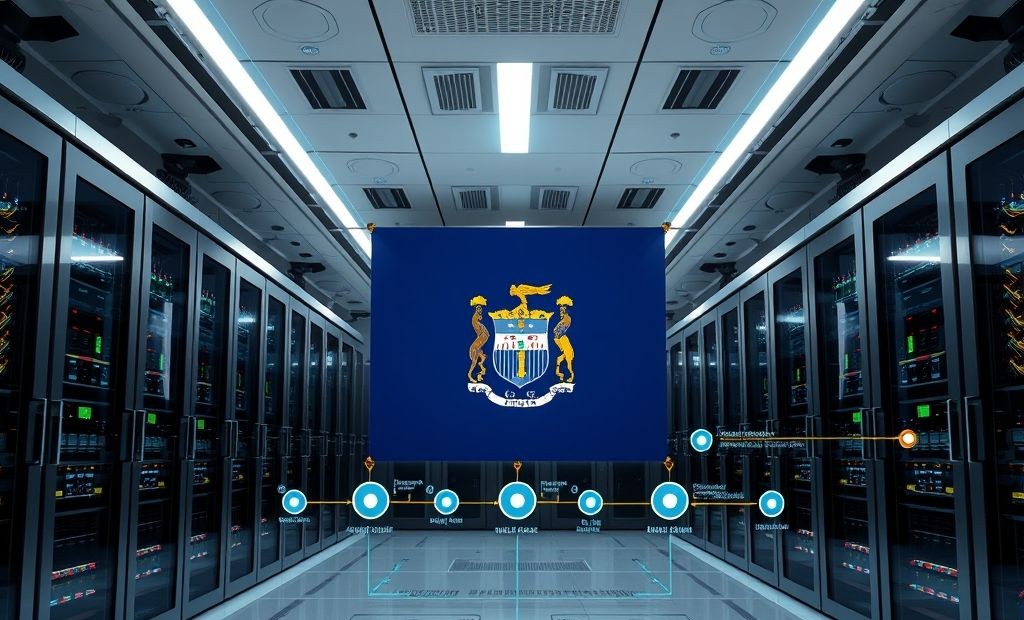Age Assurance: Testing Decentralized Social Networks

Mississippi’s Age Assurance Law and Decentralized Social Networks Mississippi’s new age assurance law is posing significant challenges for decentralized social networks. This law aims to...
⏱️ Estimated reading time: 2 min
Latest News
Mississippi’s Age Assurance Law and Decentralized Social Networks
Mississippi’s new age assurance law is posing significant challenges for decentralized social networks. This law aims to protect minors from harmful content online, but its implementation raises complex questions about how decentralized platforms can comply without compromising their fundamental principles.
Understanding the Law
The Mississippi law requires online platforms to verify the age of their users and prevent minors from accessing content deemed harmful to them. While the intent is to safeguard children, the decentralized nature of some social networks makes enforcement particularly difficult.
Challenges for Decentralized Networks
Decentralized social networks, by design, operate without a central authority. This makes it challenging to implement age verification measures that typically rely on centralized databases and identity verification systems. Some key challenges include:
- Lack of Central Control: There’s no single entity responsible for enforcing the law across the entire network.
- Data Privacy Concerns: Requiring age verification could compromise the privacy of users, which is a core tenet of many decentralized platforms.
- Technical Hurdles: Implementing age verification on a decentralized network requires innovative technical solutions that don’t exist yet.
Potential Solutions
Despite the challenges, some potential solutions could enable decentralized social networks to comply with age assurance laws:
- Decentralized Identity Solutions: Using blockchain-based identity systems to verify age without revealing personal information.
- Community Moderation: Relying on community members to flag and remove inappropriate content.
- AI-Powered Content Filtering: Employing AI algorithms to detect and filter harmful content.
Impact on Free Speech
One of the biggest concerns surrounding age assurance laws is their potential impact on free speech. Critics argue that such laws could lead to censorship and overreach, limiting access to information for adults as well as minors. Decentralized social networks, which often prioritize free speech, face a particularly difficult balancing act in complying with these regulations while upholding their values.
The Future of Decentralized Social Networks
The Mississippi law serves as a test case for how decentralized platforms will navigate increasing regulatory scrutiny. The solutions they adopt could set a precedent for other jurisdictions considering similar legislation. The success of decentralized social networks will depend on their ability to innovate and find ways to comply with regulations without sacrificing their core principles of decentralization, privacy, and free speech.
Related Posts

AI in 2026 How Intelligent Agents Are Becoming Trusted Work Partners
In 2026, artificial intelligence has transcended its role as a mere productivity booster, emerging as...
February 4, 2026

AI 2026 Shift From Labs to Live Operations
January 2026 signals a pivotal moment in artificial intelligence, the transition from lab experiments to...
January 30, 2026
Bluesky Enhances Moderation for Transparency, Better Tracking
Bluesky Updates Moderation Policies for Enhanced Transparency Bluesky, the decentralized social network aiming to compete...
December 11, 2025










Leave a Reply